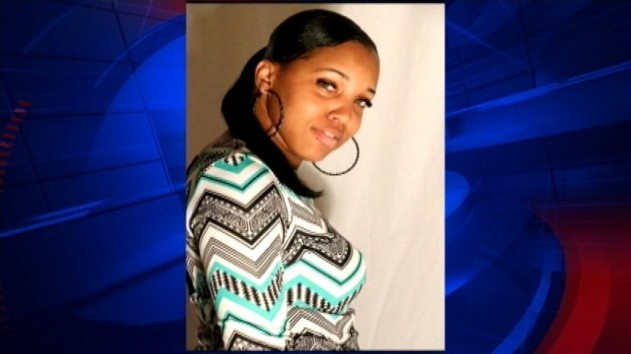Does the media see Mary Spears as “just another black woman”? Why isn’t there more outrage and investigation into her murder?
Mary “Unique” Spears wasn’t killed because she ignored the advances of a man she didn’t know.
Mary Spears was killed because she lived in a culture that turns dejected and confused men into wanton psychopaths who will not accept women’s autonomy.
A culture that tells men they are entitled to the attention of women. A culture that tells men they have eminent domain over the bodies of women. A culture that tells men that a woman’s refusal to these expectations is not acceptable. A culture that tells men it is reasonable to kill a woman if she hurts your feelings. A culture that tells men nobody will care if that woman happens to black.
In very flat terms, yes, a man with a gun shot at Spears, killing her and injuring others, after she wouldn’t give him her name and phone number. However, the man in question, his gun, and his psychopathy are all implements of a misogynist culture that resents the fact that women have their own desires and choices.
Do not reason that most men don’t do this, that this is a one-off act of a lunatic, that this doesn’t normally happen when a woman rejects a stranger’s unwanted attention. Violence against women exists everywhere and I have no desire to create a hierarchy of violence against women. To attempt to do so is a hideous activity.
The murder of Mary Spears is anything but an anomaly. Her murder is a reminder that women live in a culture where merely being in public is a risk to their lives. Her murder reminds women that they can never be sure how an interaction with an unfamiliar man may turn out.
The murder of Mary Spears reminds us that she is also a victim of the conditional compassion that exists in America.
It reminds us that the lives of black women are not valued as much as their lighter skinned counterparts. It reminds us that our culture teaches men to regard the bodies of women of color as expendable commodities.
Since the United States was but a concept in the minds of crusty old white men, black women have been victimized by a culture that dehumanizes them into hyper-sexualized caricatures devoid of emotions and dignity. We live in a culture where, as Michelle Denise Jackson describes at For Harriet, every black woman is “asking for it,” and to refuse a man’s advances is a severe offense punishable by death.
And while the escalation of street harassment to the point of murder isn’t unique to black women, the echo of it throughout the media is considerably softer if not muted altogether.
As a comparison, consider the events in Isla Vista earlier this year when Elliot Rodger murdered six people and injured many others in a shooting spree. Despite the digging the media did into Rodger’s personal life, the two stories are similar: two men, both feeling angry at women because of a masculine sense of entitlement, decided to avenge their rejection by women by firing guns at the people they felt were responsible. Death and injury followed.
However, you’re only going to hear about one of these stories in the New York Times. You’re only going to see alerts on 24-hour cable news channels about one of these stories—and it won’t be the one about Mary Spears.
Granted, Rodger made his disrespect for women and his plans to kill them well known through the Internet, but we only know that due to the media latching onto those aspects of the story and hoisting them to the top of the headlines. Do you think Spears’ murderer doesn’t have a past somewhere, too? Do you think he hasn’t left online documentation somewhere of his anger at women, as well? The media was ravenous to find out all they could about Rodgers’ pathology and misogyny, but there seems to be zero hunger to investigate Spears’ murderer’s misogyny.
Hell, we don’t even know the name of Spears’ murderer. The media was ever diligent, however, in identifying Rodgers as soon as the gun smoke cleared.
Plain and simple: The media’s silence on Mary Spears’ murder and its lack of scrutiny on how misogyny and male entitlement led to these horrible events is due to the fact that, as far as the media goes, Mary Spears is “just another black woman.”
When summing up what men and women find so threatening about the opposite sex, Margaret Atwood wrote, “Men are afraid that women will laugh at them. Women are afraid that men will kill them.” We see that quote so often these days because, sadly, we never seem to run out of stories to which it is applicable.
For the lives of black women, though, I would amend this terror to say that not only are black women afraid that men will kill them, but that men will kill them and nobody will notice.
Drew Bowling is a soon-to-be social worker who writes about gender, race, and other intersecting issues. His writing has appeared on Role Reboot, Everyday Feminism, the Good Men Project, as well as at his oft-neglected but much-adored blog, Reading Without Men. Twitter is also a thing he does.
Related Links:

